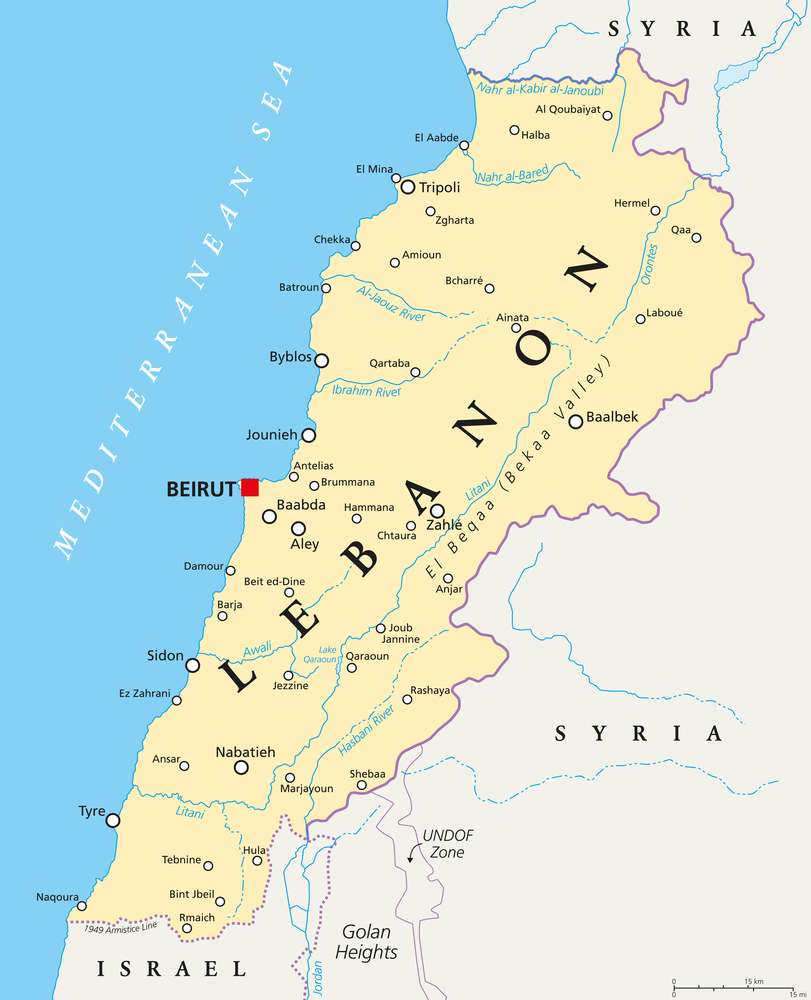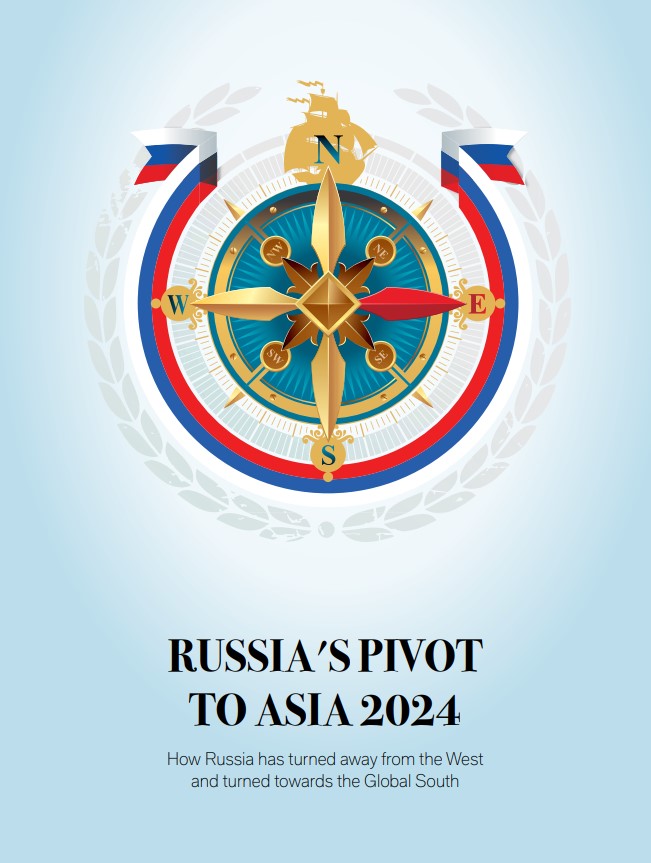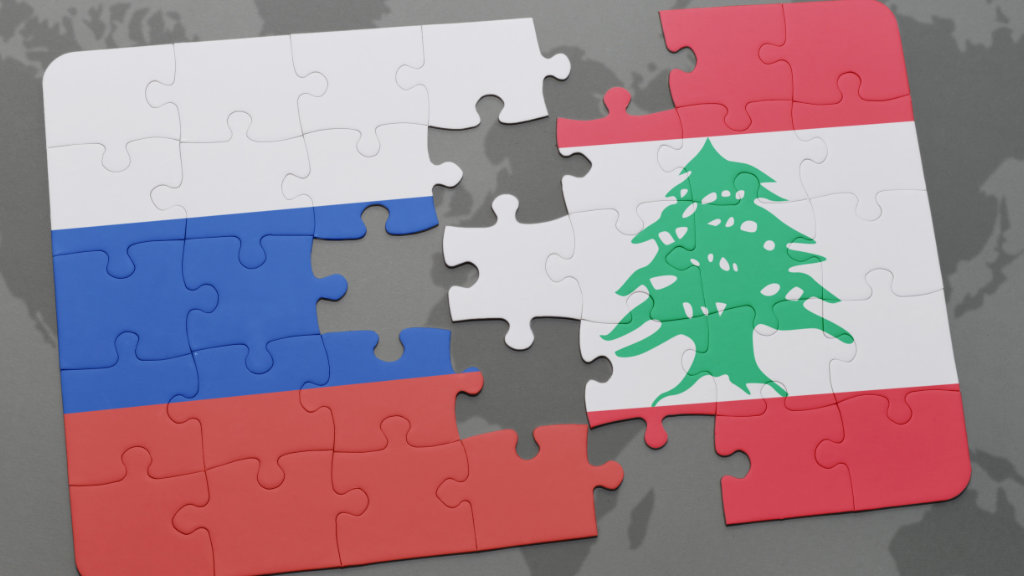On July 17, Foreign Minister Sergey Lavrov met with Foreign Minister of the Lebanese Republic Abdallah Bou Habib in New York on the sidelines of the UN Security Council meeting. They discussed the situation in the Middle East, including the Palestinian issue, as well as bilateral trade and development ties.
During their conversation, the two ministers exchanged opinions on the military-political situation in the Middle East and focused on developments in the Gaza Strip and their impact on the situation in southern Lebanon. Lavrov emphasised the unacceptability of escalating the Palestinian-Israeli armed confrontation still further and its regional expansion. He also reaffirmed Moscow’s support for the sovereignty, unity and territorial integrity of the Lebanese Republic and underscored the need for reaching consensual solutions of complicated issues on the national agenda by the people of Lebanon themselves as soon as possible and without foreign interference.
The ministers also discussed topical issues of the traditionally friendly Russian-Lebanese relations, including events to mark the 80th anniversary of diplomatic relations between Moscow and Beirut.

Having established a stronghold in Syria, Russia views Lebanon as an extension of its strategic interests and a contributor to its broader regional influence in the Middle East. Maintaining Lebanon’s stability is imperative for Russia as it directly impacts the stability of neighbouring Syria.
Russia’s ambitions in Lebanon include enhancing its engagement in the economic, political, and diplomatic arenas, thus broadening its economic connections within the Middle East. This strategy is vital for Russia’s broader geopolitical and economic objectives, which are increasingly becoming intertwined with the regional geopolitics. However, the potential for conflict with a US-backed Israel remains critical – some exchanges of military firepower have already taken place. Persuading Lebanon to remain tolerant while also potentially providing security is a significant balancing act for Moscow, which has no major squabble with Israel either, although Moscow has strongly condemned Israeli violence in Palestine and called for the establishment of a Palestinian state.
From an economic standpoint, Russia sees Lebanon as a potential market for its exports and as a potential investment destination. Politically, having a foothold in Lebanon allows Russia to project its influence in Middle Eastern politics. It can provide Russia with leverage in international forums and with regional alliances, acting as a counterbalance to the influence of Western countries and other regional powers.
Russia’s trade turnover with Lebanon is about US$1 billion and has doubled since 2021. Russia’s exports to Lebanon include mineral fuels, oils, and distillation products, along with foodstuffs and agricultural raw materials, particularly animal fat, and grains. Additionally, wood pulp and paper products constituted a smaller but notable share.
In the case of Russia’s imports from Lebanon, two particular products stand out: tobacco and manufactured tobacco substitutes, and copper and copper products.
The two countries have also been in discussion concerning Russian investments into electricity generation for the country. Much of the Lebanese energy infrastructure was severely damaged in its 2006 war with Israel, with the latter also backed by the United States at that time.
Lebanon has huge amounts of untapped offshore oil reserves, estimated at least 16 trillion cubic feet. Accessing this would significantly change the geopolitical situation in the region.
Further Reading

Russia and the MENA Region
Russia’s relationships with the entire MENA region is extensively discussed in our 2024 Russia’s Pivot To Asia guide. This is a complimentary download and can be accessed in English here and Russian here.
Continue Reading





 Русский
Русский









